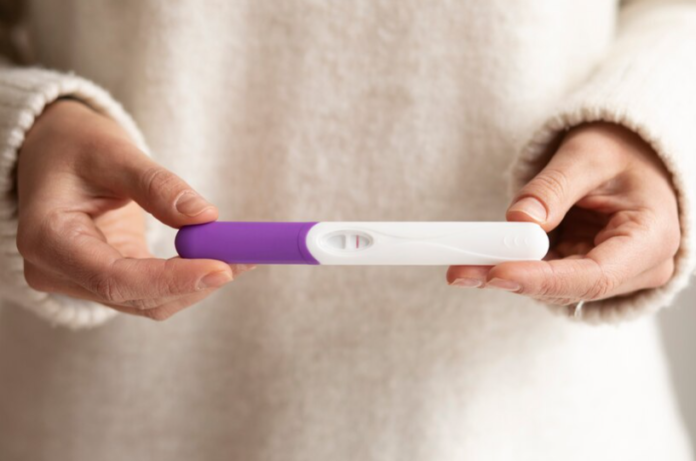Enduring the “Two Week Wait”? Engaging in regular, moderate exercise will not disrupt implantation or pregnancy.
Table of Contents
ToggleMaximizing Your Chances: Exercise During the Two-Week Wait for Conception
The iconic two-week wait is a pivotal period for women eagerly anticipating a potential pregnancy. This window, spanning from the fertile days of the menstrual cycle until the onset of the next cycle, is fraught with anticipation and anxiety. Understanding the nuances of this phase and incorporating appropriate lifestyle choices, particularly exercise, can significantly impact the journey toward conception.
Understanding the Phases
A woman’s menstrual cycle is a complex interplay of hormonal fluctuations, divided into distinct phases:
- Menstrual Phase: Initiating on day 1 of menstrual flow, lasting approximately 5-6 days.
- Follicular Phase: Spanning from day 6 to day 13, characterized by follicle development.
- Ovulation Phase: Typically occurring around day 14, marking the release of the egg.
- Luteal Phase/Implantation Phase: Beginning on day 15 and extending to day 28-30, this crucial period sets the stage for potential implantation and pregnancy.
The Role of Exercise
Contrary to common apprehensions, maintaining an exercise regimen during the two-week wait can positively influence conception probabilities. Here’s how exercise facilitates the journey to parenthood:
- Weight Management: Regular exercise aids in achieving a healthy BMI and weight management, pivotal factors in enhancing fertility.
- Stress Reduction: Physical activity triggers the release of endorphins, natural stress alleviators that counteract the effects of cortisol, thereby mitigating stress levels.
- Enhanced Circulation and Flexibility: Exercise promotes improved blood circulation and flexibility, particularly beneficial for the pelvic region and reproductive organs.
- Regulated Hormonal Balance: By regulating circadian rhythms and promoting restful sleep, exercise contributes to hormonal balance, crucial for optimal fertility.
Recommended Exercises
During the two-week wait, it’s essential to maintain a consistent exercise routine while avoiding strenuous activities that may impede conception. Here are some recommended exercises:
- Walking: A simple yet effective activity, walking for 30-40 minutes daily aids in regulating hormone cycles, especially for individuals with a higher BMI.
- Moderate Intensity Exercises: Activities such as pilates, yoga, swimming, cycling, or aerobics performed for 45 minutes, five times a week, are deemed safe and beneficial.
- Breathing Exercises: Incorporating breathing exercises into daily routines fosters relaxation and mental clarity, reducing anxiety levels and promoting overall well-being.
Exercises to Avoid
Certain exercises and activities are best avoided during the two-week wait to minimize the risk of potential complications:
- Abdominal Trauma: Exercises involving mild abdominal trauma, such as twisting motions or sudden directional changes, should be avoided.
- High-Impact Activities: Steer clear of activities like extensive jumping, hopping, or bouncing, as well as vigorous stretching routines, which may disrupt the implantation process.
Special Considerations for Assisted Fertilization
In cases of assisted fertilization, such as IUI or IVF, exercise protocols should be tailored to individual needs and discussed comprehensively with fertility specialists. Following embryo transfer in IVF, exercise should be approached with caution until implantation is confirmed.
Conclusion: Nurturing Hope Through Healthy Choices
The two-week wait can be an emotionally taxing period for couples eagerly awaiting a positive pregnancy test. However, by embracing a healthy lifestyle, including balanced nutrition, regular exercise, and lifestyle modifications such as limiting alcohol, smoking, and caffeine intake, individuals can optimize their chances of conception. It’s imperative to consult with healthcare professionals before embarking on any exercise regimen, ensuring personalized guidance and support throughout the journey to parenthood.

